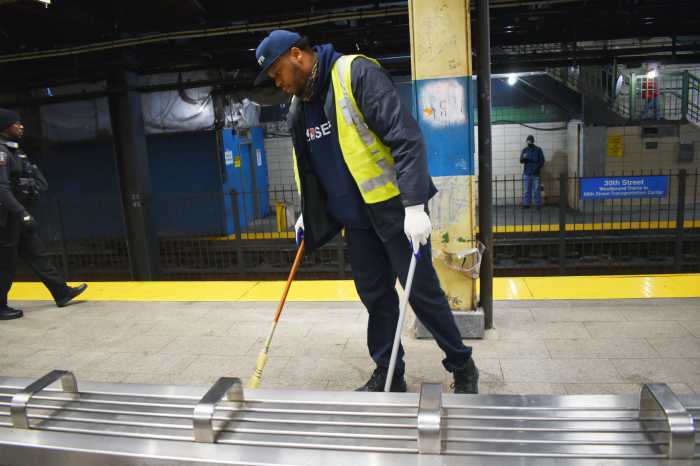A major project to redevelop the site of the June 2019 South Philadelphia refinery fire is expected to create 19,000 full-time, permanent jobs, but it’s hitting some hurdles.
Last week, the Board of Education did not approve an important tax break for Hilco Redevelopment Partners, which officially took over the former Philadelphia Energy Solutions refinery in June after closing a $225.5 million deal.
The board’s decision is not expected to derail the project, which is backed by Mayor Jim Kenney and Councilman Kenyatta Johnson, who represents the district.
However, it was evidence of pushback from a group of nearby residents, as well as progressive activists, who have criticized benefits dolled out to large corporations.
Preliminary plans indicate Hilco plans to turn the 1,300-acre site, which was used as a refinery for more than 150 years, into a logistics hub with millions of feet of warehouse space.
Officials intend to go before the Board of Education, possibly as soon as next month, to try for a second time to extend the site’s Keystone Opportunity Zone designation, which would allow Hilco to forgo paying most taxes.
It required board approval because the school system would lose out on some revenue, though, according to the Inquirer, Hilco has agreed to pay the School District of Philadelphia $1.25 million every year in lieu of taxes.
“We remain confident that Hilco’s plans represent an unprecedented opportunity to revitalize one of the largest and most important parcels in the city of Philadelphia,” Kevin Lessar, of the Mayor’s Department of Commerce, said, “and we concur with the firm’s assessment that this Keystone Opportunity Zone designation is necessary to achieving their long-term plan.”
Hilco recently released the results of a study it commissioned, showing the redeveloped site would create 19,000 long-term jobs, much more than the refinery employed when it was in operation.
If run by a single company, it would become one of the city’s largest non-healthcare employers.
The company expects to hire an additional 13,000 people for remediation and construction, according to a news release.
Executives painted the analysis as good news at a time when the city’s economy is struggling due to the coronavirus pandemic, with the unemployment rate hovering at around 17%.
“The scale of the project, its infrastructure, and strategic location are the key drivers for the number of new jobs that the proposed development will create once placed back into commerce,” Hilco Executive Vice President Jeremy Grey said in a statement.
When it’s fully complete, in about a decade, the complex will contribute about $3 billion to the regional economy on an annual basis, according to the analysis.
Hilco is planning for 13-to-15-million square feet of total space, with the idea that big companies will snap at the chance to get warehouse room so centrally-located.
The company-backed study predicted that e-commerce, distribution, light manufacturing and even real estate and retail jobs would be created at the site, which hugs the Schuylkill River.
Rodney Ray is skeptical. The retiree used to work at the refinery and has lived about a block away from it in Grays Ferry for his whole life. His house shook when the explosion set off the blaze.
“We’ve been suffering and our families have been suffering for 150 years,” Ray told Metro. “Explosion after explosion. People in our community dying from lung cancer.”
First and foremost, he wants to see the site cleaned up, and all sides agree that is a daunting task.
About 950 miles of pipes will need to be abated or destroyed—enough to stretch from Philadelphia to Florida, according to Hilco. The plan is to also remove 850,000 barrels and 30,000 tons of asbestos.
Ray is a member of Philly Thrive, which fought to end oil refining on the land and is pushing to make sure Hilco does not get tax breaks.
He said neighbors see the redevelopment as an opportunity to have a voice in the future of the refinery, which has dominated their section of the city for so many years.
He’s fine with some warehouses, but he would also like to see places for children, low-income housing and perhaps a shopping mall, as well as jobs and opportunities for nearby residents. Whatever happens, he wants the community to be involved.
“We’re not going to let them come to town and just push us aside,” Ray said.
































